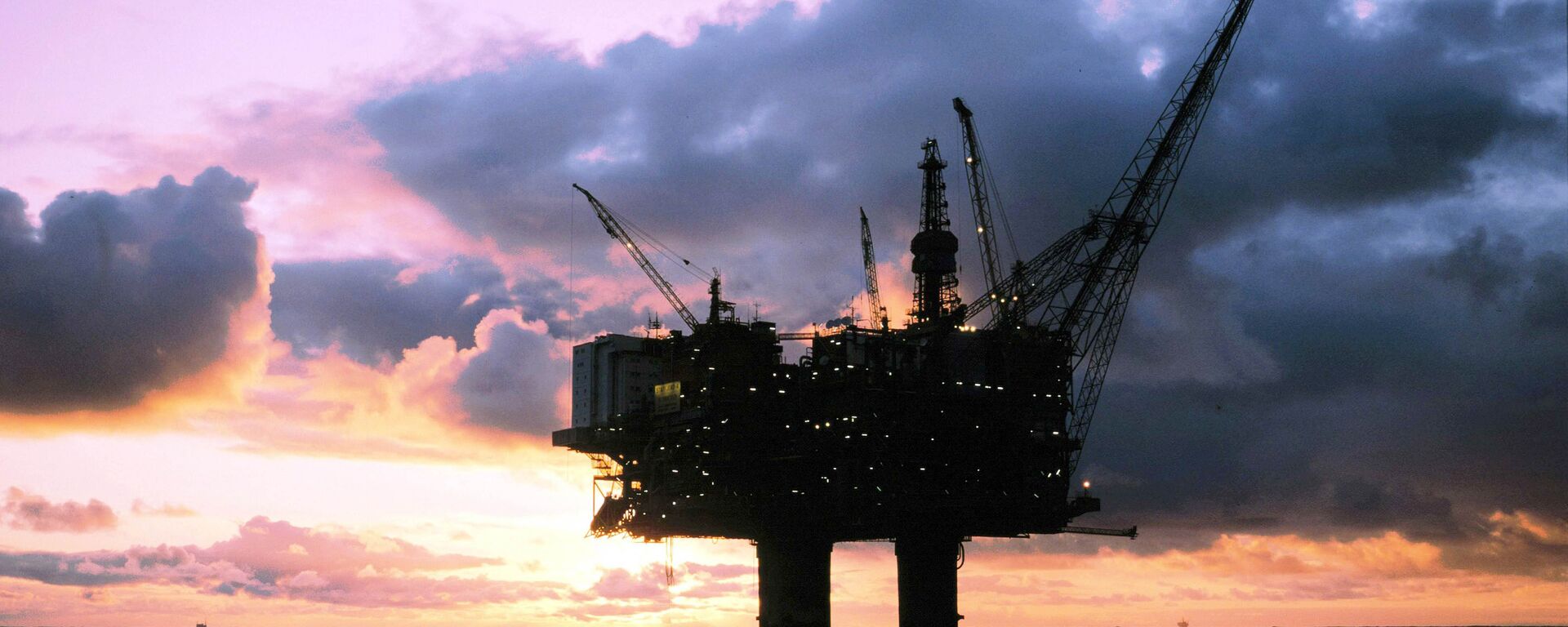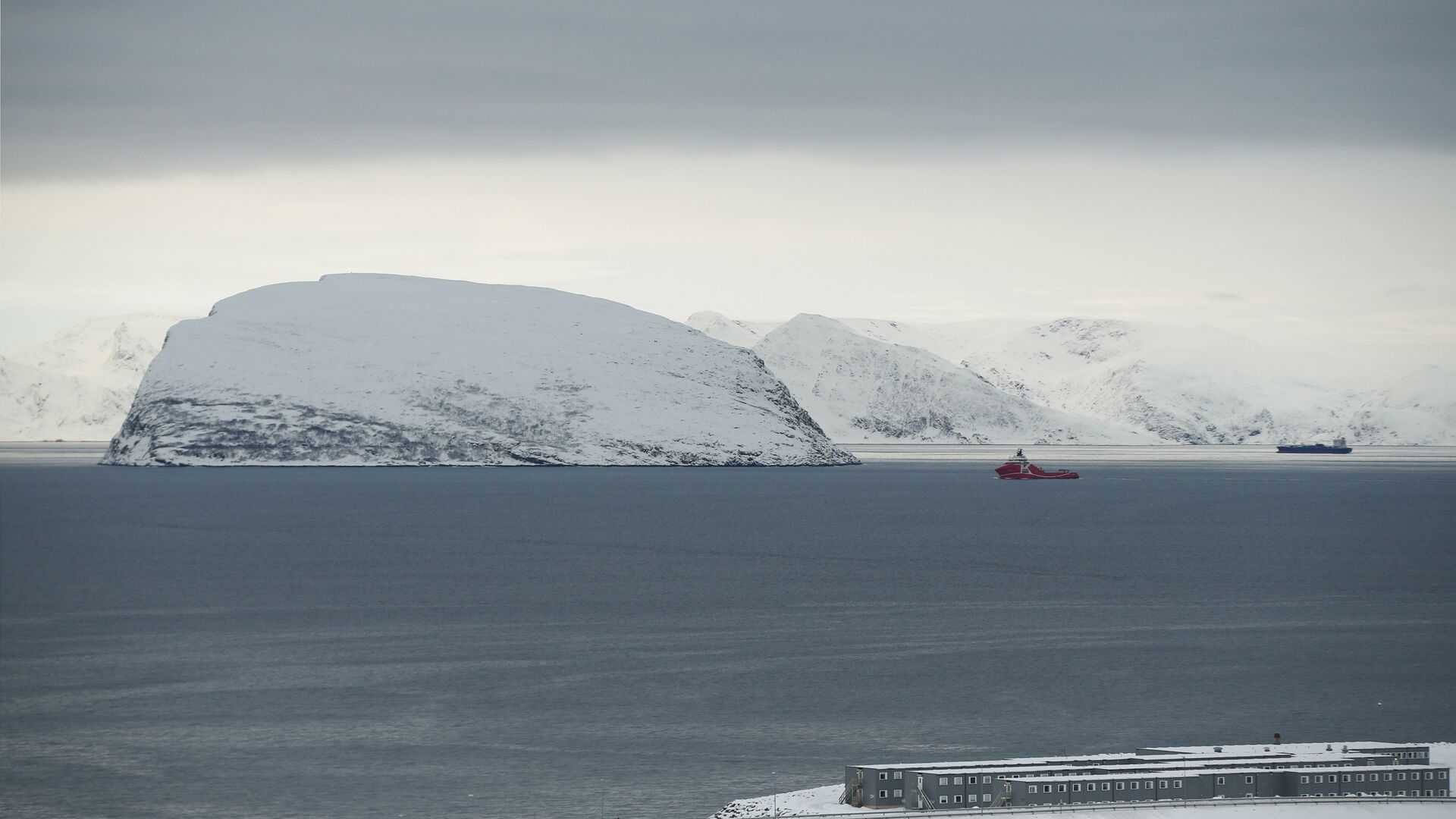https://sputnikglobe.com/20230131/norway-discovers-abundance-of-costly-rare-earths-on-its-seabed-1106846299.html
Norway Discovers Abundance of Costly Rare Earths on Its Seabed
Norway Discovers Abundance of Costly Rare Earths on Its Seabed
Sputnik International
The precious rare earth metals are in high demand due to the role they play in the aspired transition to a greener economy.
2023-01-31T08:50+0000
2023-01-31T08:50+0000
2023-01-31T08:50+0000
world
norway
scandinavia
mining
environment
https://cdn1.img.sputnikglobe.com/img/105155/38/1051553869_0:268:5089:3131_1920x0_80_0_0_18f34b0a72c6e2f39a33e6de0075baf2.jpg
A study by the Norwegian Petroleum Directorate has identified a "substantial" amount of seabed minerals and metals, ranging from copper to precious rare earths. These resources are in high demand due to the role they play in the aspired transition to a greener economy."Costly, rare minerals such as neodymium and dysprosium are extremely important for magnets in wind turbines and the engines in electric vehicles," the Petroleum Directorate added.The resources estimate of remote areas in the Norwegian Sea and Greenland Sea specified some 38 million tons of copper (nearly twice the volume mined worldwide each year), and 45 million tons of zinc accumulated in polymetallic compounds. Furthermore, it also featured about 24 million tons of magnesium, 3.1 million tons of cobalt and 1.7 million tons of cerium, a rare earth element used in alloys. The findings also feature other rare earths, such as neodymium, yttrium and dysprosium, yet in smaller quantities.The Nordic country, a major oil and gas exporter, is now pondering whether to open its offshore areas to deep-sea mining. Environmental groups have urged the authorities to postpone its seabed exploits until more studies detail the impact of mining on the fragile ecosystems. Among others, the Norwegian Institute of Marine Research emphasized a "great lack of knowledge" of deep oceans, citing the potential of finding new and undiscovered species.Global regulations for the emergent deep-sea industry are to be announced by the International Seabed Authority. Previously, numerous researchers have warned of potentially irreversible harm to the environment.Earlier in January, Swedish mining giant LKAB announced that it had found Europe’s largest deposit of rare earth oxides near the town of Kiruna in the country’s far north. The company touted the find as "good news not only for LKAB, the region and the Swedish people, but also for Europe and the climate."Currently, no rare earths are mined in Europe, which leaves it dependent on imports in a market dominated by China.
https://sputnikglobe.com/20230111/norway-awards-dozens-of-oil-and-gas-drilling-permits-as-oslo-eyes-record-output-1106213252.html
norway
scandinavia
Sputnik International
feedback@sputniknews.com
+74956456601
MIA „Rosiya Segodnya“
2023
News
en_EN
Sputnik International
feedback@sputniknews.com
+74956456601
MIA „Rosiya Segodnya“
Sputnik International
feedback@sputniknews.com
+74956456601
MIA „Rosiya Segodnya“
rare earths, green transition, green shift, deep-sea mining, seabed drilling
rare earths, green transition, green shift, deep-sea mining, seabed drilling
Norway Discovers Abundance of Costly Rare Earths on Its Seabed
While rare earths are in high demand due to the role they play in the transition to a greener economy, none are mined in Europe as of now, leaving the continent dependent on imports in a market dominated by China.
A study by the Norwegian Petroleum Directorate has identified a "substantial" amount of seabed minerals and metals, ranging from copper to precious rare earths.
"Of the metals found on the seabed in the study area, magnesium, niobium, cobalt and rare earth minerals are found on the European Commission’s list of critical minerals," the Norwegian Petroleum Directorate said in a statement.
These resources are in high demand due to the role they play in the aspired transition to a greener economy.
"Costly, rare minerals such as neodymium and dysprosium are extremely important for magnets in wind turbines and the engines in electric vehicles," the Petroleum Directorate added.
The resources estimate of remote areas in the Norwegian Sea and Greenland Sea specified some 38 million tons of copper (nearly twice the volume mined worldwide each year), and 45 million tons of zinc accumulated in polymetallic compounds. Furthermore, it also featured about 24 million tons of magnesium, 3.1 million tons of cobalt and 1.7 million tons of cerium, a rare earth element used in alloys. The findings also feature other rare earths, such as neodymium, yttrium and dysprosium, yet in smaller quantities.

11 January 2023, 05:14 GMT
The Nordic country, a
major oil and gas exporter, is now pondering whether to open its offshore areas to deep-sea mining. Environmental groups have urged the authorities to postpone its seabed exploits until more studies detail the impact of mining on the fragile ecosystems. Among others, the Norwegian Institute of Marine Research emphasized a "great lack of knowledge" of deep oceans, citing the potential of finding new and undiscovered species.
Global regulations for the emergent deep-sea industry are to be announced by the International Seabed Authority. Previously, numerous researchers have warned of potentially irreversible harm to the environment.
Earlier in January, Swedish mining giant LKAB announced that it had found Europe’s
largest deposit of rare earth oxides near the town of Kiruna in the country’s far north. The company touted the find as "good news not only for LKAB, the region and the Swedish people, but also for Europe and the climate."
Currently, no rare earths are mined in Europe, which leaves it
dependent on imports in a market dominated by China.





